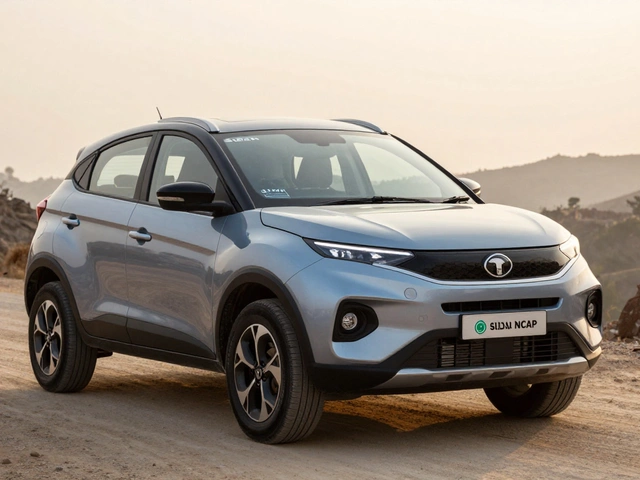Japanese Cars: What’s Hot, How to Import, and Why They Matter for Indian Manufacturing
Japanese cars have a reputation for reliability, fuel efficiency, and cutting‑edge tech. In India, they dominate the compact and midsize segments, and many buyers choose them for low maintenance costs. This popularity creates a steady flow of imports and opens doors for Indian manufacturers to learn from Japanese production methods.
Why Japanese Cars Remain Popular in India
First, Japanese brands focus on fuel‑efficient engines that match India’s price‑sensitive market. Second, they offer a wide dealership network, making spare parts easy to find. Third, safety and emission standards are often ahead of the curve, so owners feel confident about long‑term compliance. All these factors keep demand strong, even as new electric models appear.
Importing a Japanese Car: Step‑by‑Step Guide
Step 1: Choose a model that meets Indian emission norms (BS‑VI). Step 2: Verify the car’s paperwork – registration, insurance, and a clear title are a must. Step 3: Hire a reputable customs broker who can handle customs duty, GST, and registration fees. Step 4: Pay the import duty (typically 100 % of the car’s CIF value) plus GST, then complete the RTO registration. Following these steps avoids delays and extra costs.
For businesses, importing Japanese parts can also boost local production. Many Indian factories partner with Japanese suppliers to get high‑quality components like engines, transmissions, and electronics. These collaborations help Indian plants improve quality control and reduce lead times, which in turn makes the whole industry more competitive.
If you’re a buyer, look for certified pre‑owned Japanese cars. They often come with a warranty and a documented service history, which eases the resale process later. Compare the total landed cost – not just the purchase price – because taxes and registration can add up quickly.
Manufacturers can learn from the Japanese “kaizen” approach – a continuous improvement mindset. Small, incremental changes in the production line can lead to big savings over time. Adopting this philosophy helps Indian factories meet global standards without massive capital outlays.
Electric vehicles (EVs) are the next big thing for Japanese automakers. Brands are already rolling out hybrid and full‑EV models that fit Indian charging infrastructure. Keeping an eye on these launches will help importers and local manufacturers stay ahead of the curve.
In short, Japanese cars offer a mix of reliability, efficiency, and tech that Indian consumers love. Whether you’re importing a personal vehicle or sourcing parts for a factory, understanding duties, compliance, and the kaizen mindset can turn a simple purchase into a strategic advantage.
Top Japanese Car Brands: Unveiling Their Impact on Indian Roads
Japanese car brands have significantly influenced the automobile market in India, offering reliability, innovation, and fuel efficiency. With popular brands like Toyota, Honda, and Nissan each bringing unique strengths, Japanese cars have carved a prominent place in the Indian market. They are known for their engineering precision, innovative designs, and environmentally friendly technology, making them a popular choice among Indian consumers. This article explores the top Japanese car brands, their notable qualities, and their growing impact on Indian roads.
Read More




